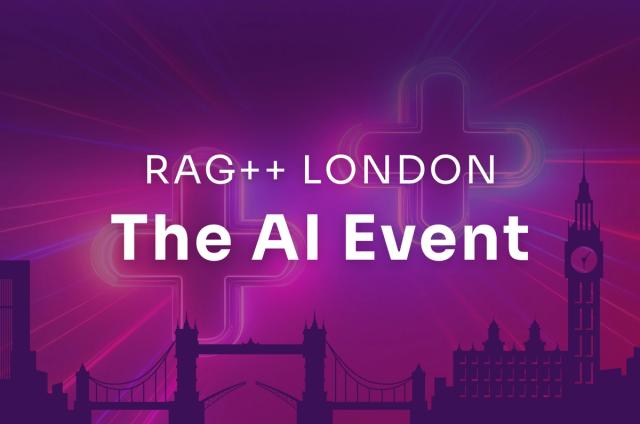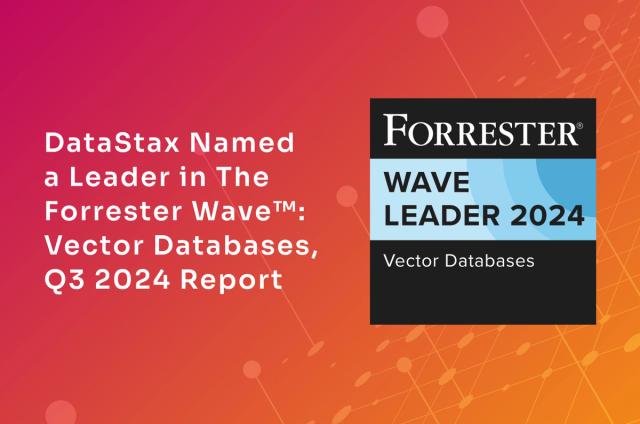The Rise of Machines: The Not-So-Scary Future of AI and Automation with Hussein Mehanna of Cruise

Picture this: You’re getting into your car, ready to head to work. You have your coffee in hand and instinctively turn on your favorite radio show or podcast to keep you occupied during the commute. And then you open your laptop and get on an 8 a.m. Zoom call—because you're riding to work in a robot (also known as an autonomous vehicle).
Hussein Mehanna has worked at Microsoft, Facebook. Snap Inc., and Google – but his all-time favorite career moment happened just recently, when he took his first driverless car ride in San Francisco. He had been working at Cruise, the leading autonomous vehicle company, for two-and-a-half years. It was an eerie (and nerve-racking) experience at first, getting into a fully self-driving car. But within a few minutes, Hussein could feel the ride going smoothly and the vehicle moving confidently. In fact, he got so comfortable that the experience became almost boring. And that’s the power of driverless cars – the passenger can do anything they want: commute time becomes productive time, travel time becomes social time, and idle time can become nap time.
Hussein and I recently had a great conversation on the Inspired Execution podcast, covering topics including the future of AI, machine learning, and autonomous technology.
Building an AI-native company
Many companies and products today are optimized or enhanced by AI and machine learning. But few are truly AI-native. Hussein describes an AI-native company as one whose product or service cannot exist without AI. Instead of AI being added “on top” of the product, AI is actually the foundation that the product is built on.
“The difference in my opinion between AI native products and traditional products comes back to the question: how autonomously can the product evolve?” Hussein shared.
And it’s not just products that make a company AI-native. It’s how teams operate, as well.
“Engineers need to learn not just to build a machine-learning model – they need to learn how to build an autonomously learning machine-learning model. They need to automate their own job,” Hussien said.
Cruise calls this the “continuous learning machine.” The goal is to automate their own work so that they don’t just build a robot that can drive, but they build a robot that can learn from real-time conditions and improve its own performance.
Autonomous vehicles = freedom
There is still a long way to go to make driverless cars the norm, but Hussein believes the future is bright. In his vision, people will stop buying personal vehicles and instead opt for pay-as-you-go transportation. This will benefit society in many ways, including improved safety and accessibility.
Perhaps most exciting will be the freedom offered by an autonomous future. Instead of being stuck behind the wheel, we can use our commute and travel time however we want: to engage in our favorite hobbies, connect with our friends and family, be productive, or even take a rest.
Tune in now
Be sure to listen to Hussein’s episode wherever you get your podcasts. You’ll hear more about the path to an autonomous future, how to build AI-native teams and products, and the important role of robotics in AI/ML. Plus, Hussein shares the best advice he’s ever received.
Next time, we’ll wrap up Season 4 of Inspired Execution with a quick recap of my favorite moments. Stay tuned!




